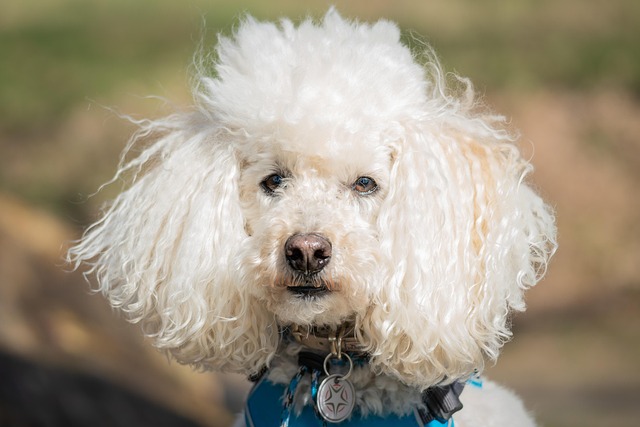
How often should a Poodle be bathed?
That fluffy Poodle coat might look picture-perfect, but keeping it clean comes with questions. Over-bathing strips natural oils, while waiting too long invites dirt and odor.
Bringing a Labrador puppy home is like unwrapping a bundle of fur-covered joy, but those big paws and soulful eyes come with important responsibilities. From their playful antics to the inevitable chewed-up shoes, proper care ensures your new family member grows into a healthy, well-behaved companion.
Labradors are known for their hearty appetites, but puppyhood nutrition needs precision. Opt for high-quality kibble labeled specifically for large breed puppies to support their rapid growth without overloading joints. Divide meals into three or four small portions daily to prevent bloating, a common issue in deep-chested breeds. Always check local regulations on pet food ingredients, as some areas restrict certain additives or require specific nutritional labeling.
Healthcare is non-negotiable. Schedule that first vet visit within 48 hours of adoption for a wellness check, vaccinations, and deworming. Keep an eye out for signs of ear infections, especially in floppy-eared Labs, and remember annual checkups are mandatory in many regions to maintain rabies vaccination records. Microchipping isn't just a good idea—it's legally required in numerous communities for lost pet recovery.
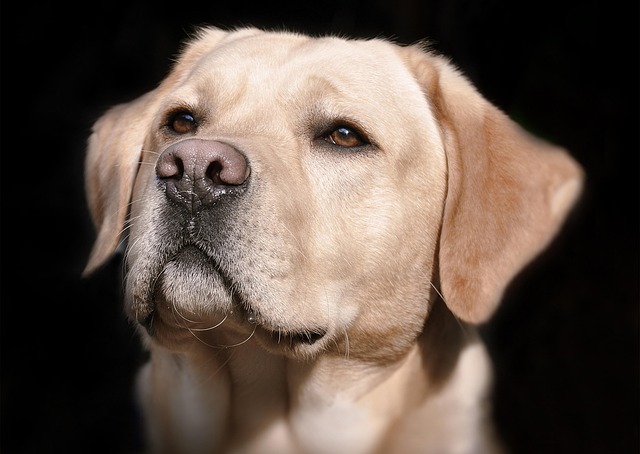 Training starts the moment your puppy steps through the door. Positive reinforcement works wonders with Labs' eager-to-please nature. Leash training should begin early, but avoid long walks until bones fully develop around 18 months. Many municipalities enforce strict leash laws, and failure to comply can result in fines or even pet custody issues. Socialize your pup safely by exposing them to various environments, people, and other animals—just make sure they're fully vaccinated first.
Training starts the moment your puppy steps through the door. Positive reinforcement works wonders with Labs' eager-to-please nature. Leash training should begin early, but avoid long walks until bones fully develop around 18 months. Many municipalities enforce strict leash laws, and failure to comply can result in fines or even pet custody issues. Socialize your pup safely by exposing them to various environments, people, and other animals—just make sure they're fully vaccinated first.
Labradors thrive on activity, but puppy joints are delicate. Short play sessions with puzzle toys, gentle tug-of-war, and supervised indoor fetch satisfy their energy needs without risking injury. Once old enough, explore local dog parks that adhere to breed size separation rules. Mental stimulation matters too—snuffle mats and frozen Kongs keep those intelligent minds occupied when you can't be there.
Grooming might seem low-maintenance for short-haired Labs, but weekly brushing cuts down on shedding and helps you spot any skin issues early. Nail trims can be tricky; consider enrolling in a local pet care workshop if you're unsure. And don't forget dental hygiene—chew toys approved by veterinary associations help prevent plaque buildup, crucial for long-term health.
Raising a Labrador puppy is a journey filled with slobbery kisses and endless cuddles. By prioritizing nutrition, healthcare, training, activity, and grooming while staying compliant with local regulations, you're setting the stage for a decade of loyal companionship. Remember, each chewed-up sock is a small price to pay for the unconditional love that only a Lab can offer.

That fluffy Poodle coat might look picture-perfect, but keeping it clean comes with questions. Over-bathing strips natural oils, while waiting too long invites dirt and odor.
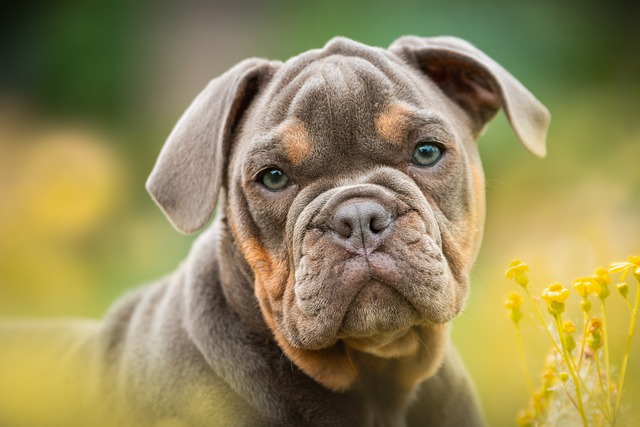
You’ve just brought home your adorable husky puppy, all fluffy and full of energy. But with that thick double coat comes a question: how often should I bathe my husky puppy?
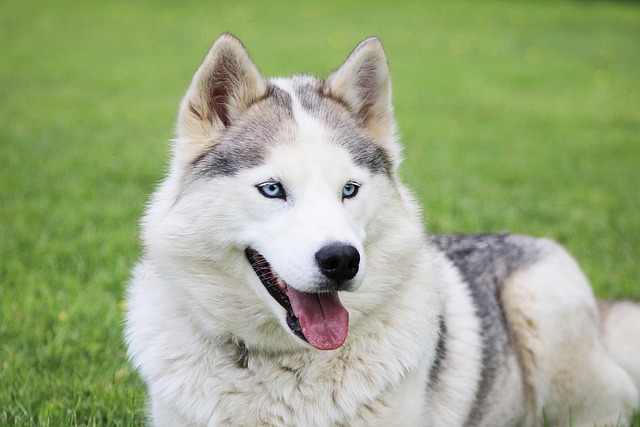
Feeding your husky the right food is like fueling a high-performance engine. These energetic, wolf-like dogs have specific nutritional needs that go beyond basic kibble.
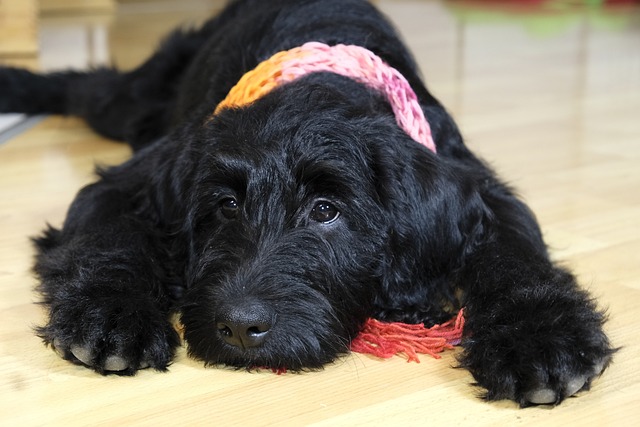
You step away for two minutes only to find your curious dachshund, Oscar, sitting innocently beside a torn wrapper where your gourmet dark chocolate bar used to be.
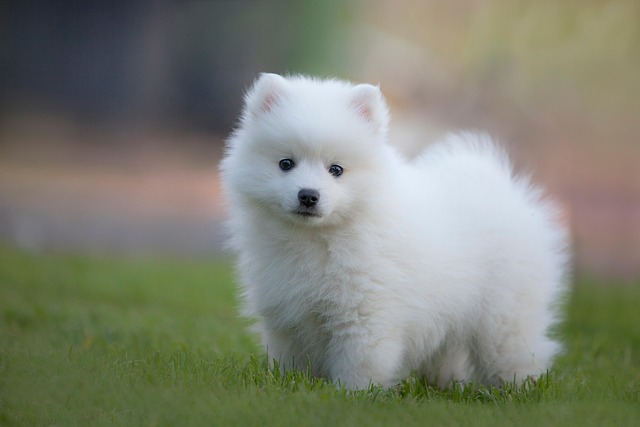
You’ve just found your Bulldog, Daisy, collapsed on the porch after chasing balls in 90°F Miami humidity. Her tongue hangs thick and purple
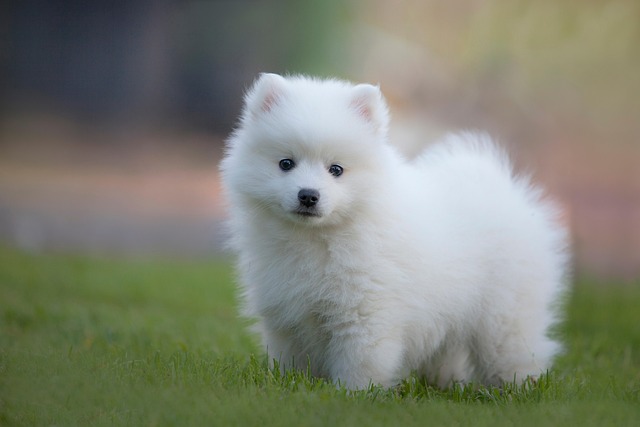
Watching your once-energetic pup hesitate at the bottom of the stairs, their tail drooping as they struggle to stand after a nap—it’s a heartache no pet parent wants to face.